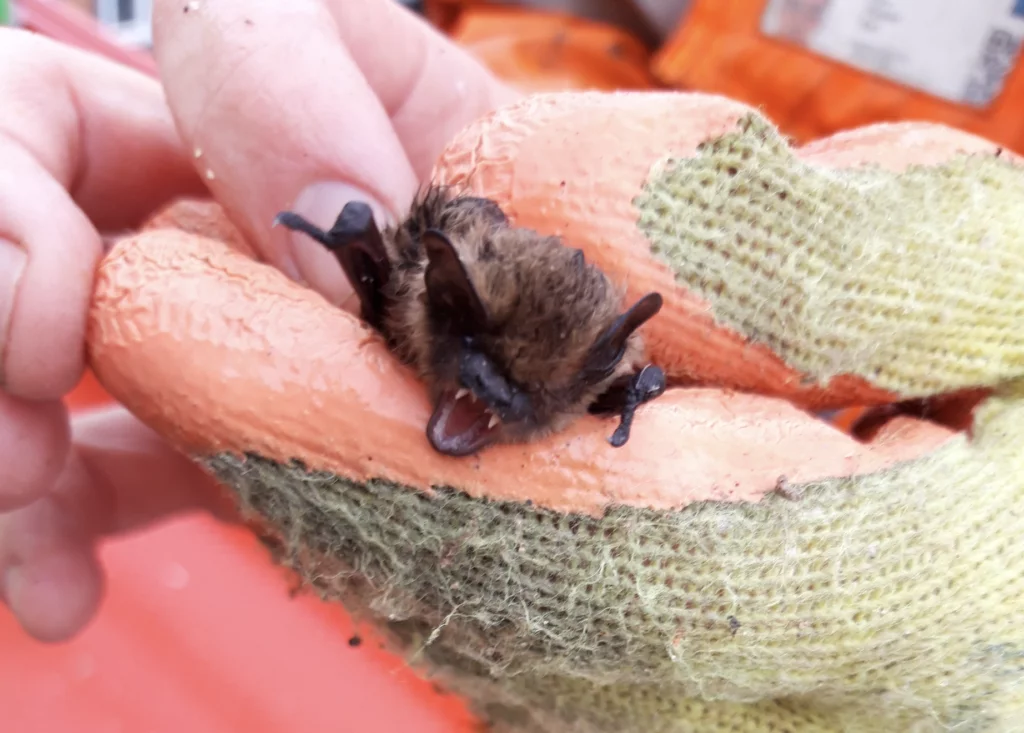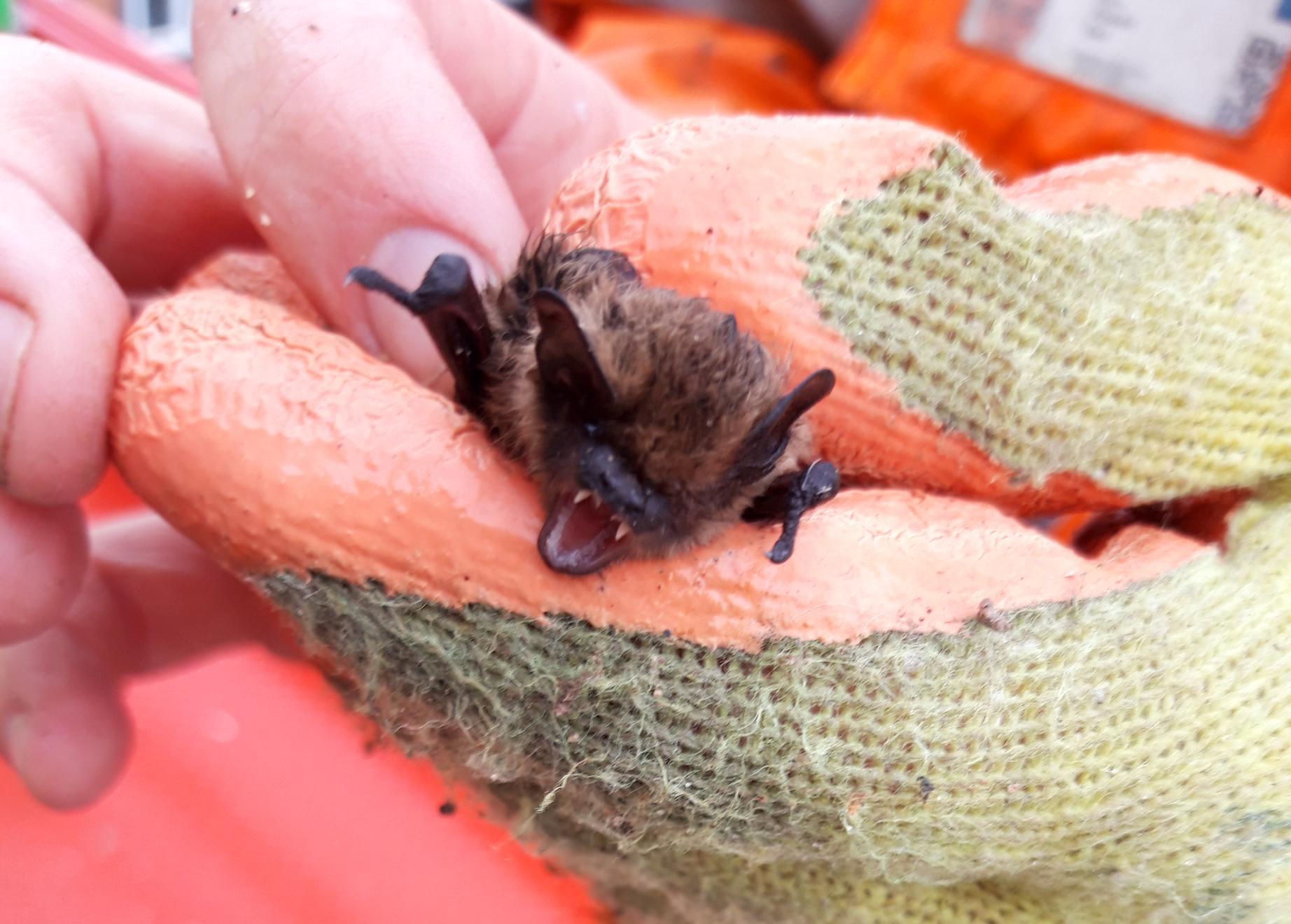DEVELOPERS WARNED NOT TO FLOUT SPECIES PROTECTION LAWS AS BAT SURVEY SEASON BEGINS
Ecology experts at Harris Lamb are working with developers to ensure that construction schedules are not disrupted by bats. To enable this, bat surveys are planned during the core summer bat survey season, which runs for the next three months.
The business’ Environment team is also warning developers that they could face more than delays if they disregard the presence of bats in the vicinity of their sites, citing three recent cases of imprisonment for failing to protect wild birds.
Helen Archer, the business’ in-house bat ecologist, said that with all 17 species of bat in the UK being legally protected from killing and injuring, construction schedules could suffer lengthy setbacks if developers did not commission the necessary surveys within the window for action.

“Many bats use buildings, trees and other structures for roosting, and as their roosts are protected from disturbance and destruction, even if a bat is not present within it, anyone planning building work, maintenance works, tree felling or other arboricultural works, building demolition or refurbishments must take the potential presence of bat roosts into account before it is undertaken to avoid falling foul of the law (specifically the Conservation of Habitats and Species Regulations 2010 and the Wildlife and Countryside Act 1981).
“There are hefty penalties for those who don’t comply – six months’ imprisonment and/or unlimited fines can be imposed – with the most recently released figures showing three cases in 2017 where developers were prosecuted and fined for destroying bat roosts during building demolition works, and a further prosecution in relation to tree maintenance works.

“In order to avoid committing an offence, bat surveys should be planned in advance of any works that could affect the creatures or their roosts – and these have to follow strict, industry standard guidance which dictate when and how many bat surveys are required. They can be straight-forward; a brief inspection of trees, buildings and structures with potential roosting features, but in the majority of cases, nocturnal activity surveys are required at sunrise and sunset,” she explained.
Helen said that should bat habitation be detected, the team is able to work with clients to find solutions, including planning works while bats are absent from the roost and ensuring they are not altered, obtaining a European Protected Species Mitigation Licence (EPSML) or under the Low Impact Class Licence (LiCL) to get authorisation to conduct work and relocate the bats to new roost sites.
For support and guidance, contact Helen on helen.archer@harrislamb.com
